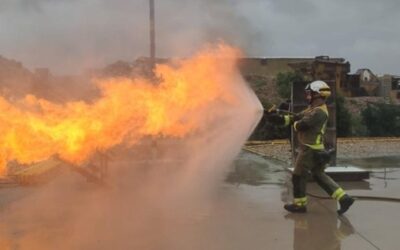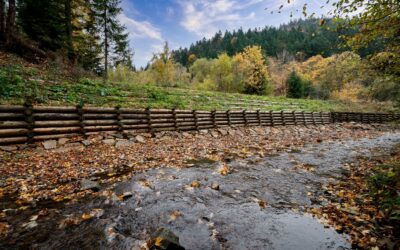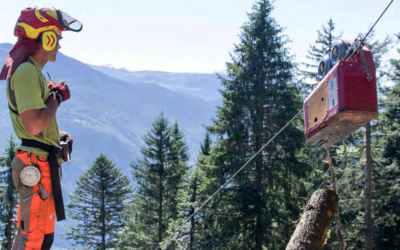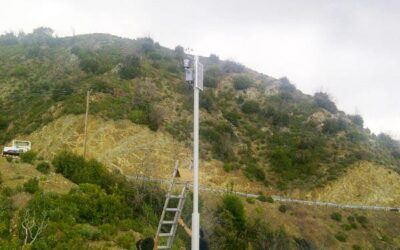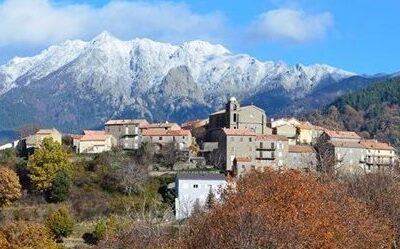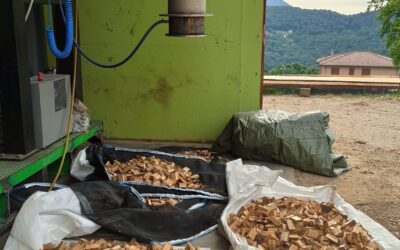Welcome to Euromontana’s mountain good practices database!
Here you will find a range of past and ongoing initiatives that are inspiring to drive change in the mountains! The database includes practices from all over Europe, covering a wide range of topics and using a variety of funding instruments. If you are leading sustainable development in your mountain community, you can also submit your own good practice! For any questions or requests, please contact communication@euromontana.org.
